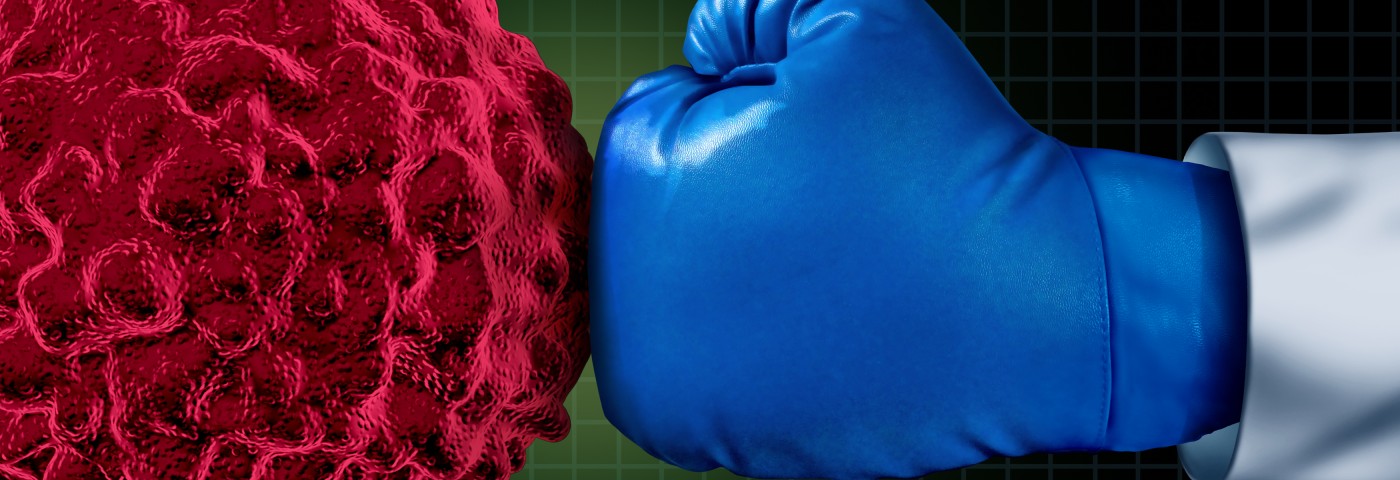Affimed Therapeutics N.V. , a German clinical-stage biopharmaceutical company focused on discovering and developing highly targeted cancer immunotherapies, reports that it has entered into an immuno-oncology clinical research collaboration with global pharma giant Merck to investigate a new combination treatment for advanced Hodgkin lymphomas.
Under terms of the agreement, Affimed will fund and conduct a Phase 1b clinical trial to investigate the combination of Merck’s anti-PD-1 therapy, Keytruda (pembrolizumab), with Affimed’s proprietary drug candidate AFM13 for treating Hodgkin lymphoma patients who have relapsed or whose disease is refractory to chemotherapy, including treatment with the marketed antibody-drug-conjugate Adcetris (brentuximab vedotin).
Merck will supply Affimed with Keytruda for use in the clinical trial, the purpose of which is to determine a dosing regimen for this combination therapy and to assess its safety and efficacy. Affimed plans to initiate the study in the first half of 2016.
AFM13 is a first-in-class bispecific antibody targeting CD30, an antigen specifically expressed in a variety of T- and B-cell lymphomas, and targeting CD16A, an antigen expressed on natural killer (NK) cells, which are important for activating the body’s innate immune system and the subsequent killing of tumor cells.
Keytruda is a humanized monoclonal antibody that works by increasing the immune system’s ability to detect and fight tumor cells. Keytruda blocks interaction between PD-1 and its ligands, PD-L1 and PD-L2, to activate T lymphocytes, which may affect both tumor cells and healthy cells.
In October 2015, the U.S. Food and Drug Administration (FDA) granted accelerated approval to Keytruda (pembrolizumab) to treat patients with advanced (metastatic) non-small cell lung cancer (NSCLC) whose disease has progressed despite treatment and who have tumors that express a protein called PD-L1.
Keytruda is the first FDA-approved anti-PD-1 therapy, falling under a category of treatment called immunotherapy, which seeks to enlist and mobilize the body’s natural immune defenses against disease.
Affimed notes in a release that in patient-derived xenograft models, AFM13, in combination with an anti-PD-1 antibody like Keytruda, demonstrated impressive therapeutic synergy, with up to 90 percent of the tumor eradicated. Preclinical work conducted at Stanford University also showed that both NK and T cells had infiltrated the tumors and that cytokine levels, including notably interferon-gamma, were elevated.
AFM13 is initially being developed for “salvage treatment” of Hodgkin lymphoma patients currently left with limited options, including experimental treatments, but might be tested in wider indications. Another drug candidate, AFM11, will initially be developed for relapsed/refractory aggressive non-Hodgkin lymphoma patients who likewise have few treatment options.
Affimed says that the medical need for new therapies to treat HL patients who have relapsed, or have not responded to earlier lines of therapy, remains high. About 34 percent of relapsed or refractory HL patients appear to have a durable response with brentuximab vedotin, an antibody-drug conjugate recently marketed as a HL salvage therapy, but the majority of patients who initially respond to the therapy relapse within a few months, and are obliged to resort to experimental therapies.
This patient population grows by between 4,000 and 5,000 new cases annually in North America, the European Union and Japan, the company reports.
“We plan to explore whether AFM13 may not only be beneficial in the salvage setting, but also as part of a regimen that is applied earlier after diagnosis, where next to efficacy, safety is an important consideration for the choice of therapy,” Affimed explains in a statement. “If clinical trials are successful, AFM13 may ultimately achieve a place among earlier-line therapies, perhaps in combination with immunomodulators, tyrosine kinase inhibitors or with other biologics. We plan to pursue AFM13 in other CD30-positive indications such as T-cell lymphoma, DLBCL and in other leukemias and lymphomas. CD30 expression has been shown to range between 100 percent and 25 percent in these diseases.”
“Our development strategy is to combine our NK-cell engagers with other immunotherapies that could enhance their efficacy through the uptake of both NK-cells and T-cells, and the collaboration with Merck is an important step in executing this strategy,” says Adi Hoess, CEO of Affimed. “AFM13, a first-in-class NK-cell engager, has shown an acceptable safety profile and preliminary antitumor activity in the first-in-human Phase 1 study. Additionally, preclinical studies indicate that a combination with an anti PD-1 therapy could act synergistically and represent an additional future treatment option for patients.”
“Evaluating the potential for innovative combination therapies through strategic collaborations in difficult-to-treat tumor types continues to be an important part of our clinical development program for KEYTRUDA,” says Dr. Eric Rubin, vice president and therapeutic area head, oncology early-stage development, Merck Research Laboratories. “In partnering with companies such as Affimed, we continue our efforts to bring forward new scientific breakthroughs for patients with Hodgkin lymphoma and the field of immuno-oncology overall.”
Dr. Rubin notes in a Merck blog: “Our immuno-oncology research program has been one area where we’ve been able to use these new tools. We have had the opportunity when the early trials show promise to expand studies to gather additional high-quality data, helping advance the potential for bringing medicines to cancer patients.”
The collaboration agreement between Affimed and Merck, through a subsidiary, includes a provision for the potential expansion of the collaborative effort to include a Phase 3 clinical trial.
Sources:
Affimed Therapeutics N.V.
Merck


